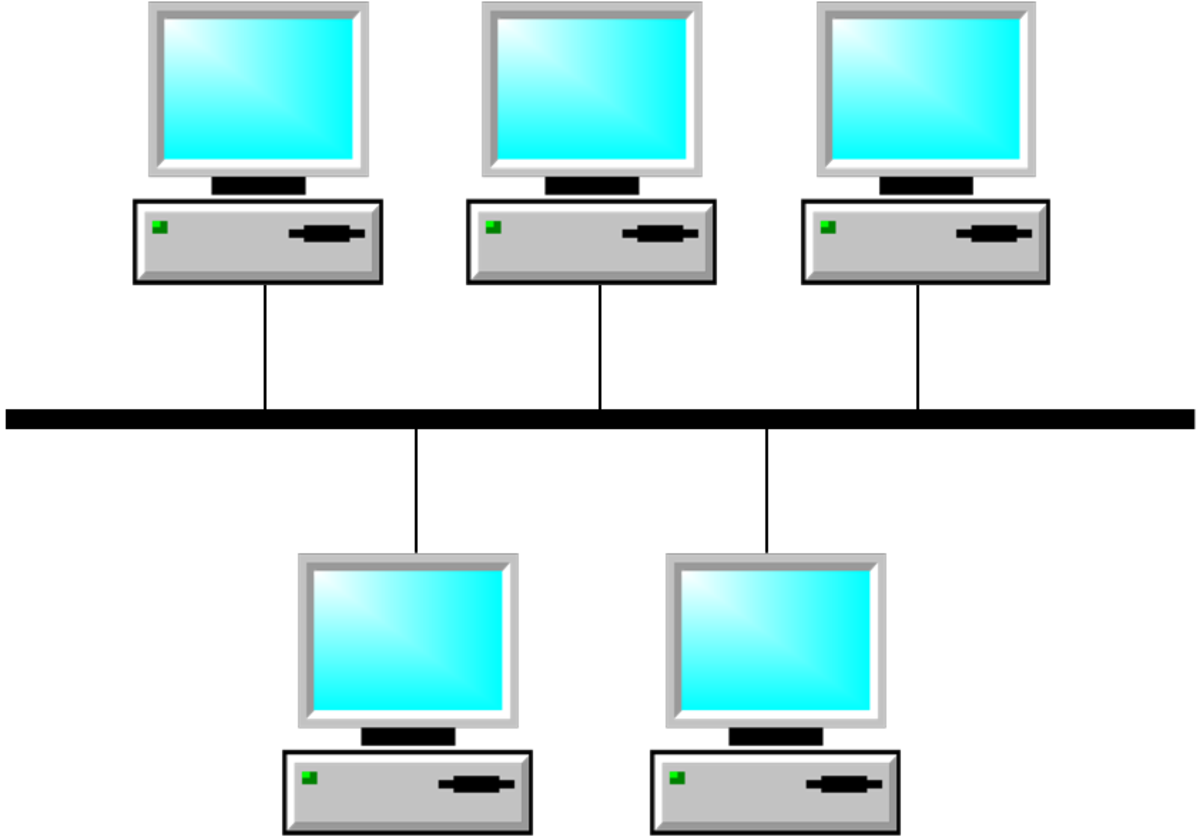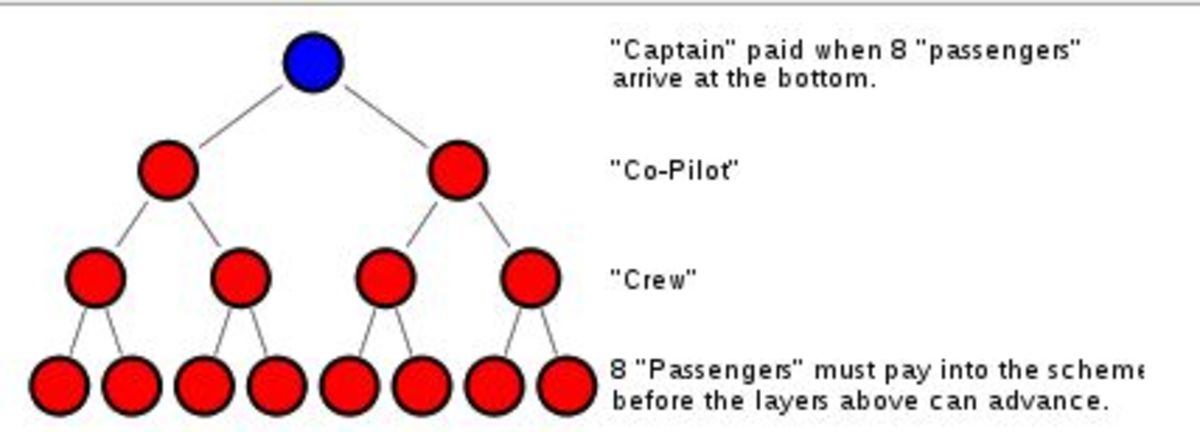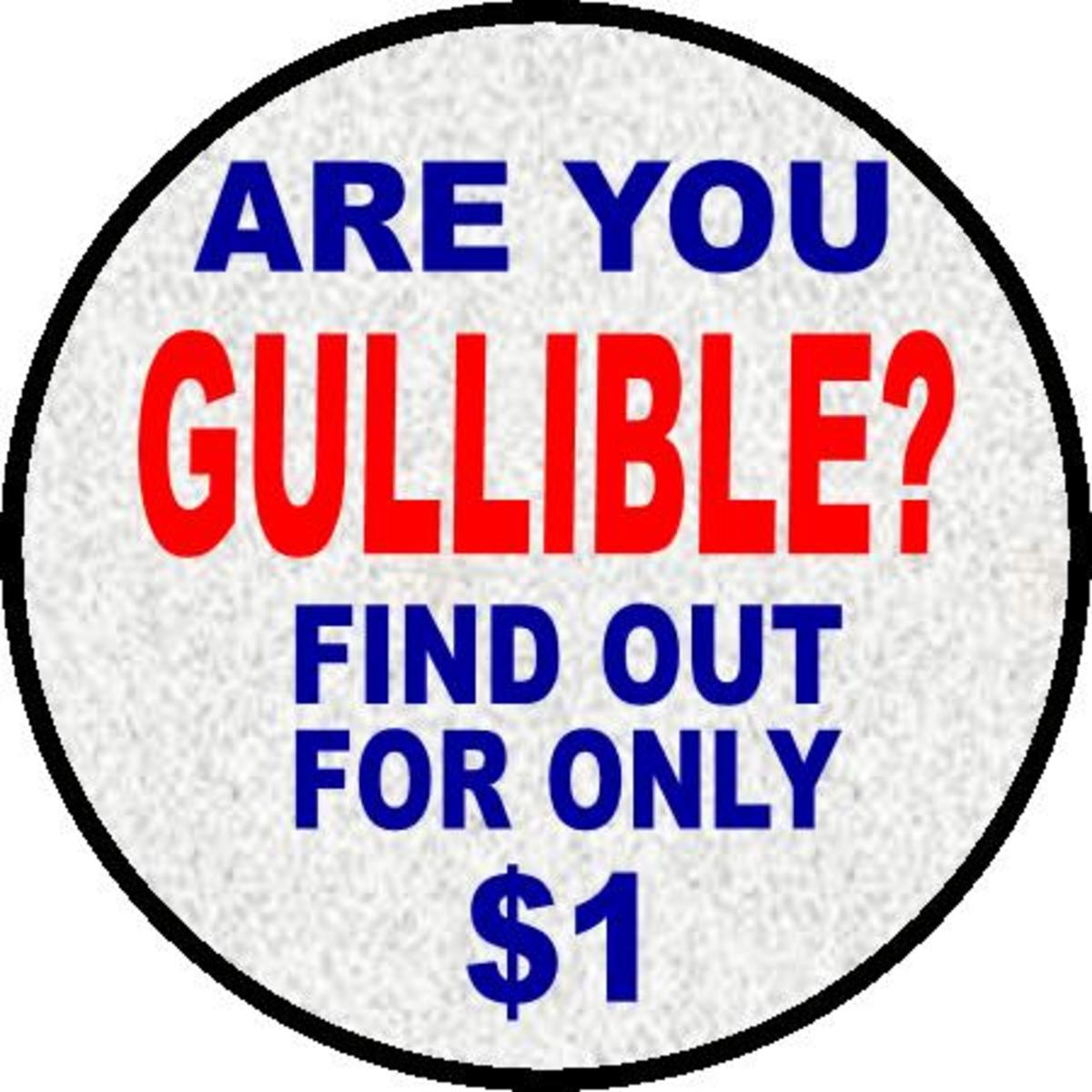How to Protect Yourself from Bad Online Writers
The Cause of the Problem
Scam artists and incompetent article writers seek assignments on outsourcing sites. In both cases, they may submit plagiarized material. Some of the more enterprising scam artists use spinning software that swaps out synonyms to reduce the similarity between source and rewritten articles. Some scam artists use direct copy and paste from downloaded text not easily referenced through a search engine.
Lazy and incompetent article writers will do some research and lift sections of text, doing minimal rewriting but failing to properly attribute sources and references. Incompetent article writers, ranging from stay at home moms seeking a little more income to writers who do not truly speak the language, will compete for writing tasks based on low cost but drive up the time commitment to re-post tasks or rewrite their submissions.
And there are websites that seek well written content, scrape it, and put it on their own websites to generate hits and advertising revenue, usually with minor changes.

How to Protect Yourself When Outsourcing Writing Tasks
What can a content customer do to protect themselves from scam artists and incompetent article writers?
- Look at the time period in which someone has submitted the article. A turn around time on writing tasks of a few suspects is a sign of a copy and paste, and few people have quality articles on hand to cut and paste into a submission. A few minutes are a minimum for generating brand new material.
- Set up separate tasks for each assignment. This gives project managers the option to accept and reject tasks individually instead of rejecting a whole set.
- Use crowd-sourcing platforms that track submitters and allow flagging or blocking by those who perform low quality work.
- Institute a standard process for checking all submission against a quality plagiarism checker.
- Run all submissions through a spelling check and grammar check before accepting the assignment.
- Prevent plagiarism through use of received material. Remember that if you reject a set of articles by a writer, you cannot then use the good ones.
- Spinning articles is a form of plagiarism. Using rejected content from others as the basis of rewriting assignments for others may be convenient through crowd-sourcing but is plagiarism. However, having articles to which you own the rights rewritten or spun is acceptable.







